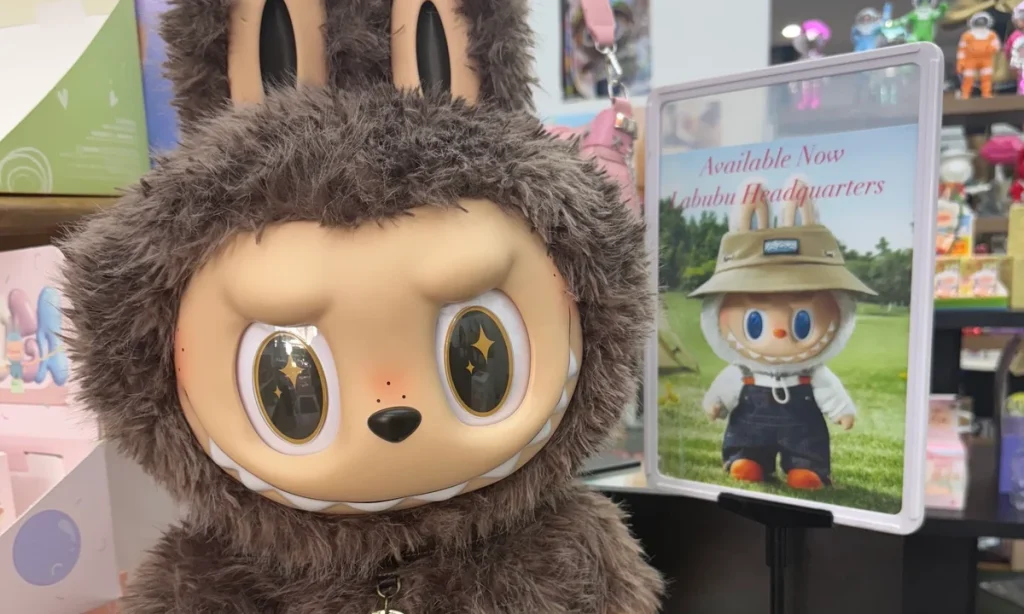The disgraced Miami art dealer Les Roberts appears to be back in business with a new hustle—selling Labubus. In April, Roberts’s Miami Fine Art Gallery was raided by the FBI and he was charged with wire fraud, conspiracy and money laundering for selling forged Andy Warhol works. According to Naomi Feinstein of Miami New Times, Roberts is now running a shop called Labubu Headquarters in Miami’s Coconut Grove neighbourhood.
At the store this past weekend, preteens and university students alike stopped in their tracks as soon as they spotted a large Labubu—priced at $1,000—inside. Labubus, the popular figurines of furry monsters, come in a range of sizes and have become a global sensation. (They even made an appearance at Art Basel in Switzerland this summer.) At Roberts’s shop, the creatures start at an accessible $35.
Roberts’s bond conditions restrict him from selling art or working in the art industry, which begs the question: could these plush collectibles be considered “art”? After all, in June a giant Labubu sold for more than $170,000 at the first “Labubu art auction”, hosted by Yongle Auction in China. The event drew almost 1,000 bidders. And the critic Arthur Danto—who spent a lot of time in his book The Transfiguration of the Commonplace (1981) asking what is and is not art—concluded that Brillo boxes, silence, Coca-Cola bottles, performances and stillness could all be art. So, decades later, why not Labubus?
Miami New Times staff spent considerable time consulting with experts to ensure that a Labubu a reporter bought from Roberts’s store was real and not a fake, or “Lafufu”. The results of their research were inconclusive.
A spokesperson for Pop Mart, the primary official seller of Labubus, told the Miami New Times that Roberts’s shop was not associated with the Chinese retailer. “We advise fans of Labubu and the Monsters to purchase only through Pop Mart’s official sales channels and approved partner,” the spokesperson said. Roberts’s attorney did not reply to the paper’s request for comment.
